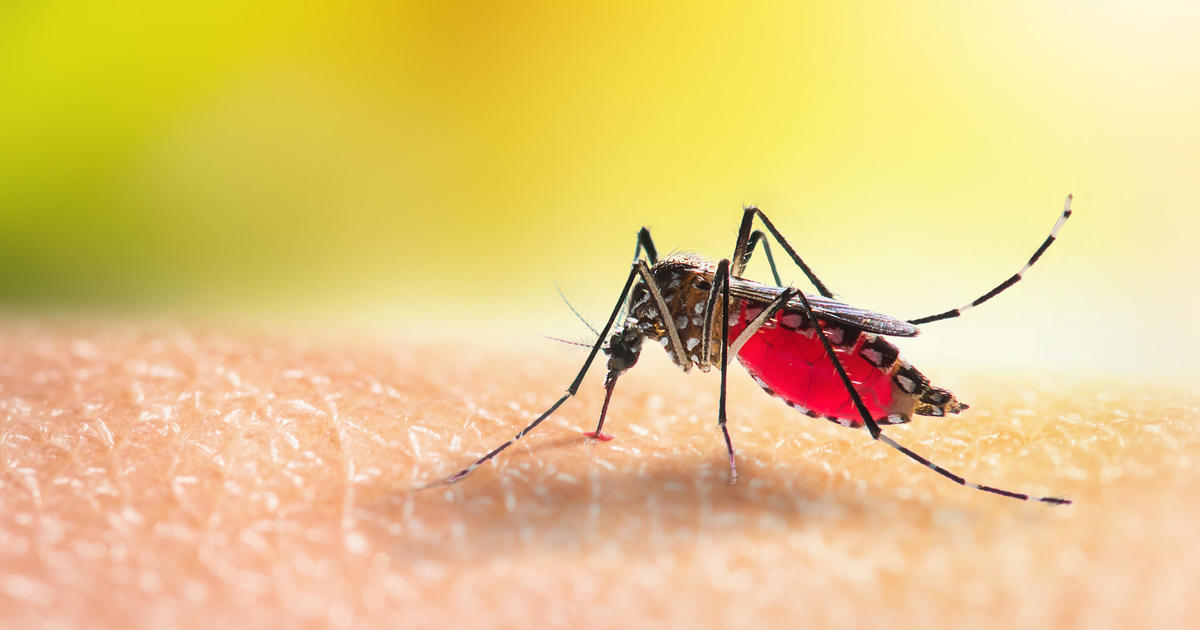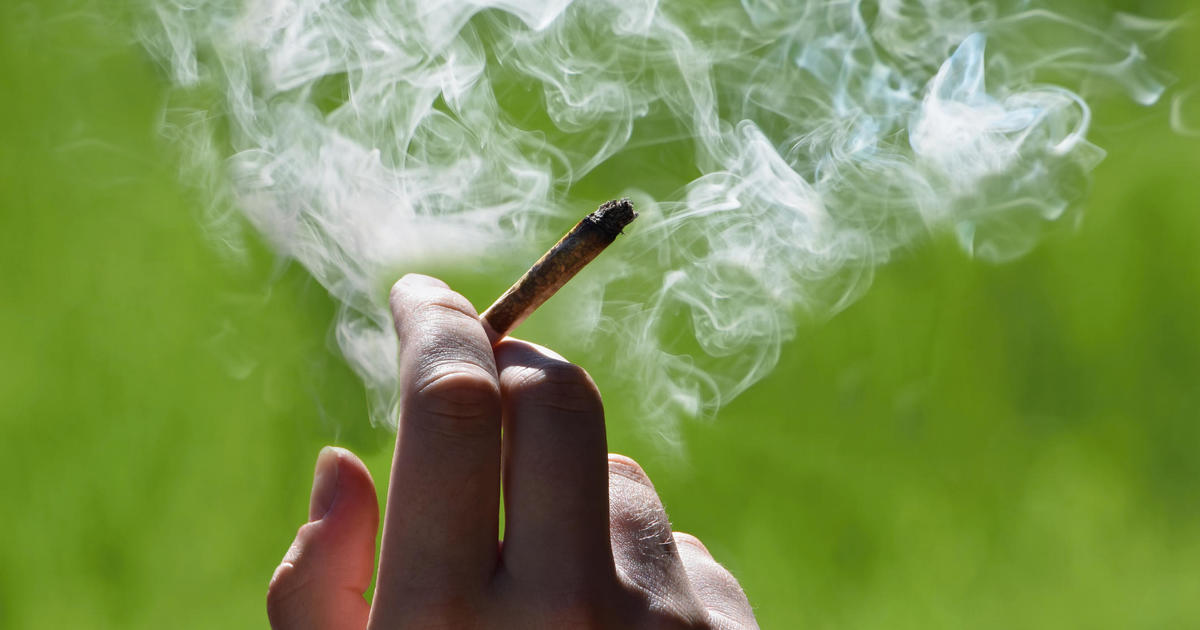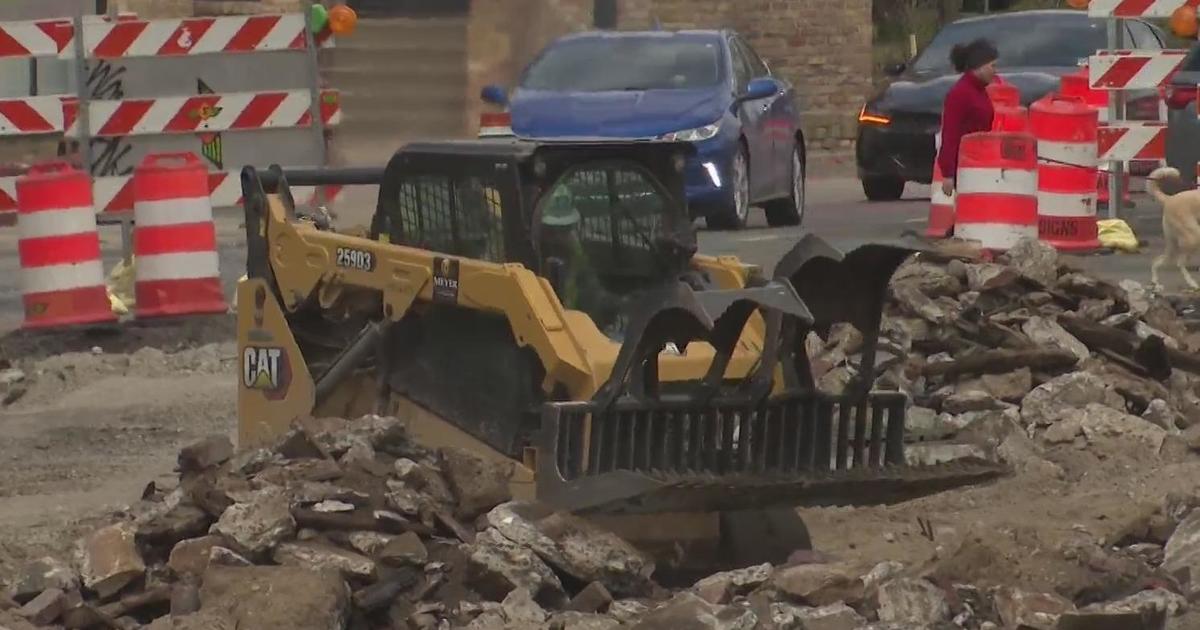Good Question: What Happens When Food Goes Bad At The Grocery Store?
MINNEAPOLIS (WCCO) -- We've all been there.
You buy some bananas, but after a couple of days they've turned brown so you throw them out.
It's a scenario that plays out at the supermarket, too.
"This is really where the individuals start their shopping is in the produce department," said Jeff Swanson, a spokesman for Cub Foods. "So we really want to make a strong first impression."
And to make a strong first impression, Cub Foods stores are constantly checking their appearance. Or in this case, making sure fruits and vegetables are easy on the eyes.
"I would say every single day our employees are looking for opportunities to pull products off the floor that may be reaching their peak freshness," Swanson said.
And when the food is no longer at its peak, Cub takes it off the shelves and into the back of the store. Swanson said that's where it reaches another customer base.
"We look to waste as little as possible," Swanson said. "And whenever possible donate those foods back into the community."
Last year, Cub stores in the Twin Cities donated over 9 million pounds of food as part of their food rescue program.
The food went to Second Harvest Heartland, who then distributed it to local food shelves.
The Cub store in Crystal donates three times a week. And even though the food might be getting close to its expiration date, in most cases it's still good.
"The expiration dates on products. The 'sell by' dates on products. The food is still good after those dates. And it's still safe, healthy, and delicious," Swanson said.
It's not just food that gets recycled at these grocery stores.
Mackenthun's Fine Foods in Waconia recycled 780,000 pounds of cardboard last year, in addition to composting their food.



